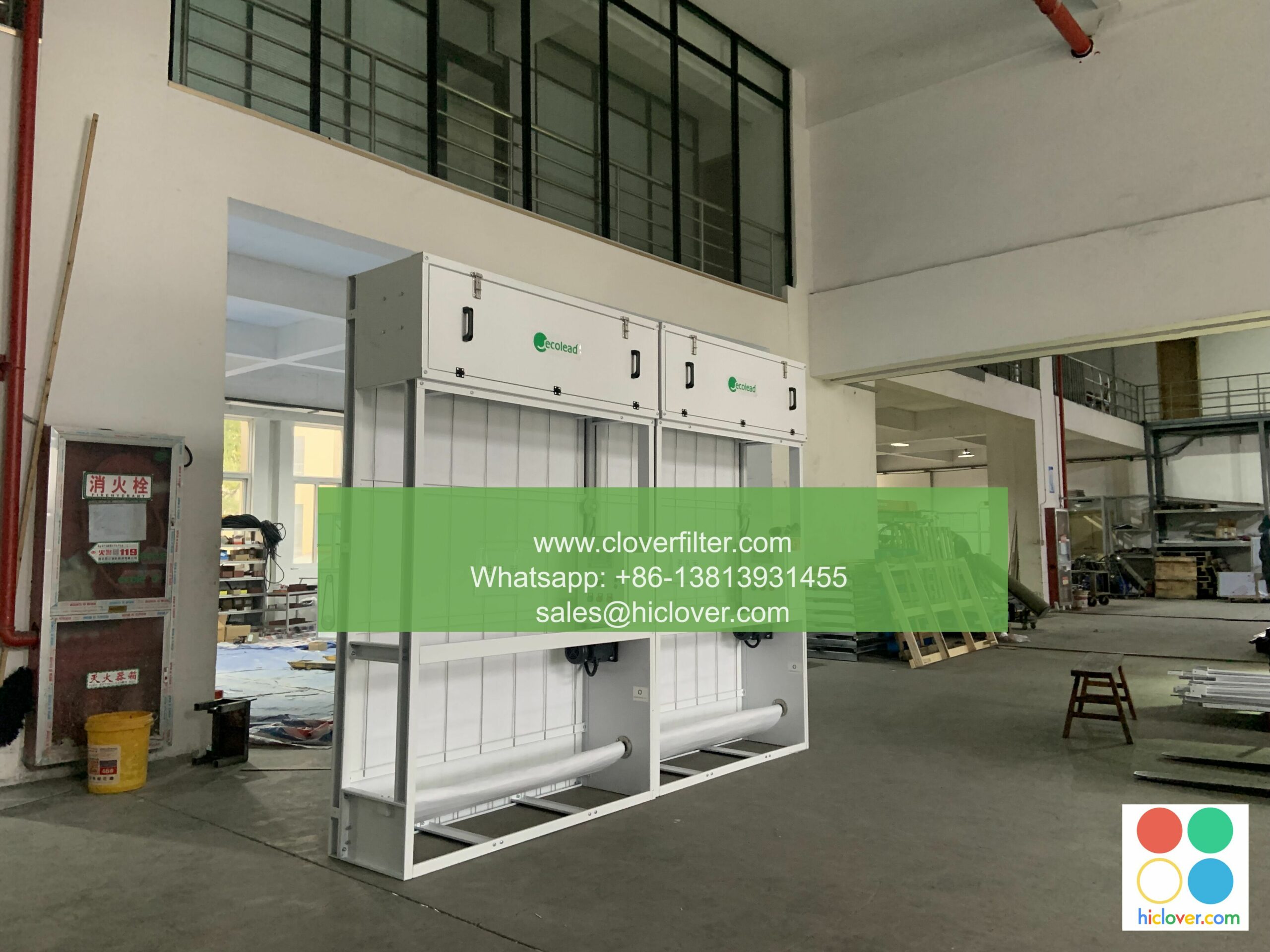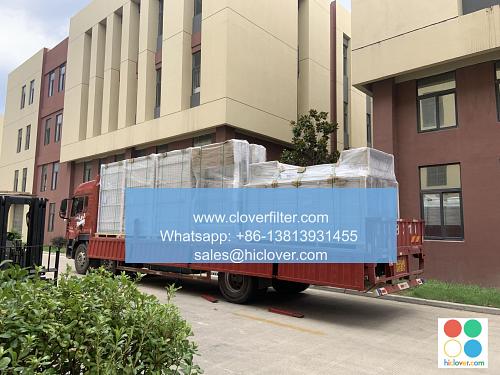Understanding the Mechanism of Automatic Roll Air Filters

Automatic roll air filters are a crucial component in maintaining indoor air quality, particularly in commercial and industrial settings. These filters work by removing airborne pollutants, such as dust, pollen, and other particles, to provide a cleaner and healthier environment. The mechanism behind automatic roll air filters is quite fascinating, and understanding how they work can help appreciate their importance in air purification systems.
The basic principle of an automatic roll air filter is based on the concept of a rolling filter media. This media is typically made up of a long, continuous sheet of filter material, such as fiberglass or synthetic fibers, which is wound onto a roll. As the filter becomes dirty and clogged with particles, it is automatically advanced by a motorized system, exposing a new, clean section of the filter media. This process allows for continuous filtration of the air, without the need for manual replacement or maintenance.
The automatic roll air filter consists of several key components, including the filter media, the roll, and the motorized advancement system. The filter media is the heart of the system, responsible for capturing airborne pollutants and particles. The roll provides a compact and efficient way to store the filter media, allowing for a large surface area to be exposed to the air stream. The motorized advancement system, typically driven by an electric motor, slowly and continuously advances the filter media, ensuring that the filter remains clean and effective.
The operation of an automatic roll air filter can be broken down into several stages. Initially, the filter media is exposed to the air stream, allowing it to capture particles and pollutants. As the filter becomes dirty, the motorized advancement system is triggered, advancing the filter media and exposing a new, clean section. This process is typically controlled by a sensor or timer, which monitors the filter’s condition and determines when it needs to be advanced. The dirty filter media is then either removed and disposed of or cleaned and reused, depending on the specific system and filter type.
One of the primary benefits of automatic roll air filters is their ability to provide continuous, uninterrupted filtration of the air. This is particularly important in commercial and industrial settings, where air quality can have a significant impact on worker health and productivity. Additionally, automatic roll air filters can help reduce maintenance costs and downtime, as they eliminate the need for manual filter replacement and cleaning.
Another advantage of automatic roll air filters is their flexibility and adaptability. They can be used in a wide range of applications, from small office buildings to large industrial facilities. They can also be easily integrated into existing air handling systems, making them a convenient and cost-effective solution for improving indoor air quality.
In conclusion, automatic roll air filters play a vital role in maintaining indoor air quality, particularly in commercial and industrial settings. Their mechanism, based on a rolling filter media and motorized advancement system, allows for continuous, uninterrupted filtration of the air. Understanding how they work can help appreciate their importance in air purification systems and highlight their benefits, including reduced maintenance costs and improved air quality.
FAQs
Q: How often do automatic roll air filters need to be replaced?
A: The replacement frequency of automatic roll air filters depends on several factors, including the type of filter, air quality, and usage. Typically, the filter media is advanced and replaced every 1-3 months, depending on the system and application.
Q: Can automatic roll air filters be used in residential settings?
A: Yes, automatic roll air filters can be used in residential settings, particularly in homes with large air handling systems or where high indoor air quality is required.
Q: How do automatic roll air filters compare to traditional air filters?
A: Automatic roll air filters offer several advantages over traditional air filters, including continuous filtration, reduced maintenance costs, and improved air quality. However, they may be more expensive to install and operate, and require more complex systems and controls.
Q: Can automatic roll air filters capture smaller particles, such as viruses and bacteria?
A: Yes, some automatic roll air filters are designed to capture smaller particles, including viruses and bacteria. These filters typically use specialized filt


